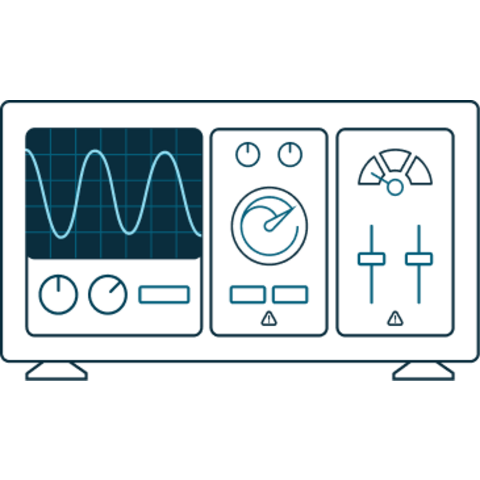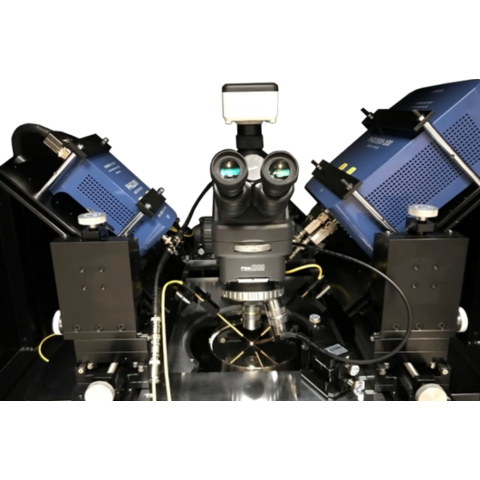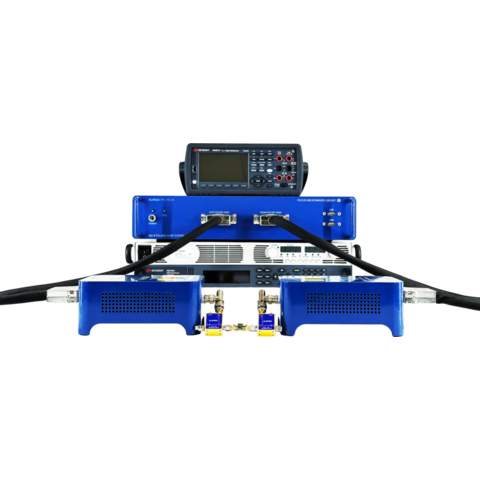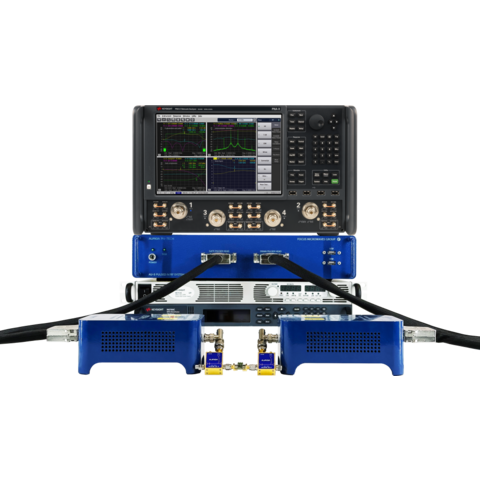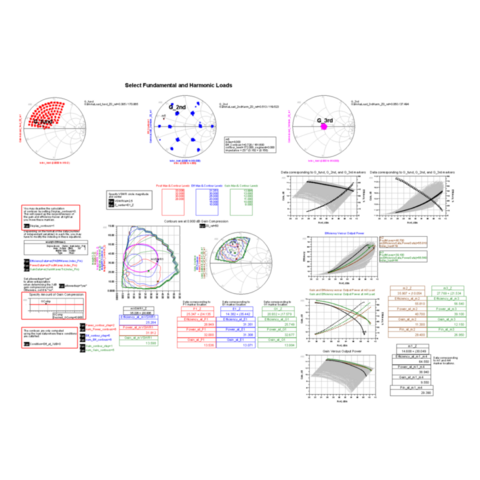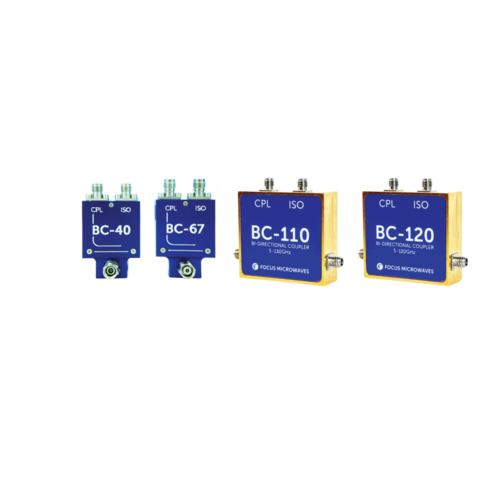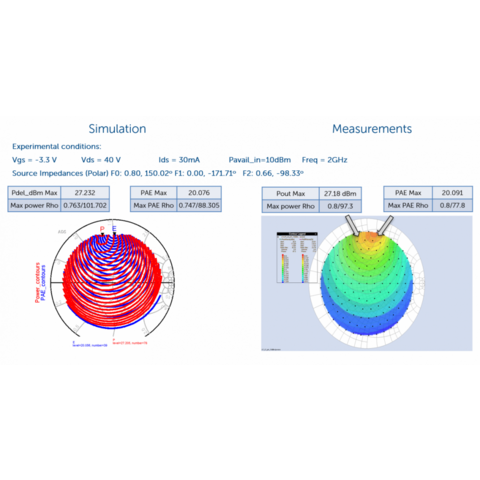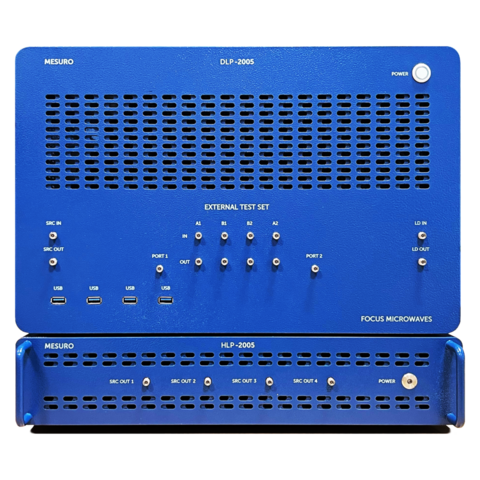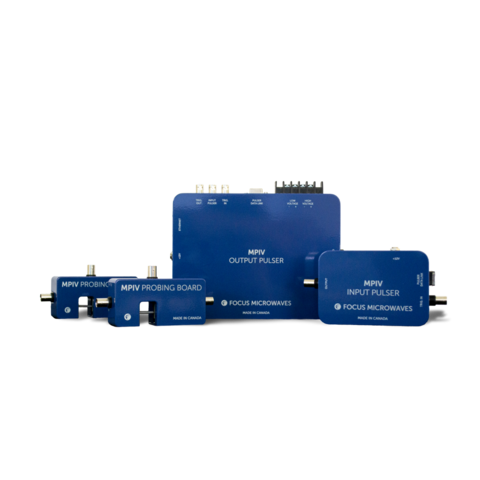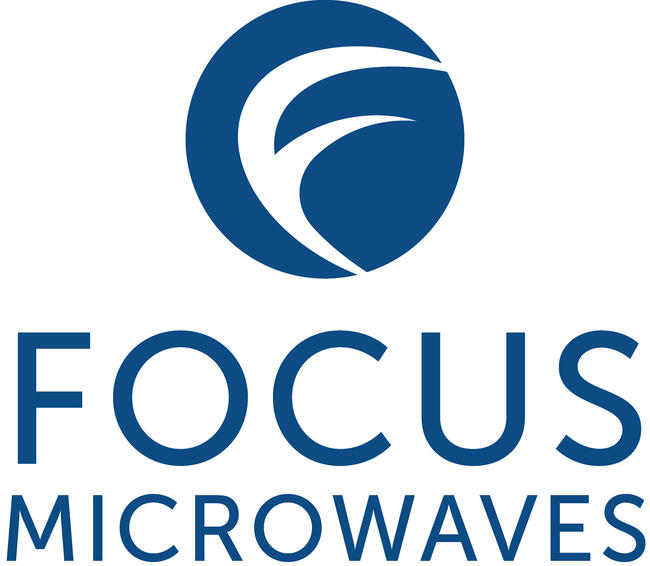
Test & Measurement
Products
The PHD1200 and PHD2000, with advanced pulser-circuit technology, offer unmatched speed, accuracy, and resolution for precise dynamic on-resistance measurement of transistors. Paired with the AU-5 Pulsed IV/RF System, this compact solution delivers exceptional performance.
Auriga’s 5th generation pulsed IV/RF characterization system delivers unparalleled performance, capturing measurements with incredible speed and accuracy. Pulsed IV (current-voltage) measurements have emerged as the preferred method of capturing current-voltage characteristics of active devices such as field effect (FETs) and bipolar junction (BJTs) transistors.
- 3 Measurement States; Quiescent (OFF-State), Non Quiescent (ON-State), and Pre-State
- The Pre State is a short high voltage state used to activate the traps in the semiconductor.
- Adjustable delay (Δt) between the Pre state and Non Quiescent state down to 0s.
- Independently adjustable timing settings for the Three-state gate pulser and drain pulser
- Easy Integration into existing mainframes
Unlock precise nonlinear transistor behavior representation with our Cardiff Model portfolio. Improve accuracy across a wide impedance space effortlessly.
Focus Microwaves' bi-directional couplers, available in 40, 67, 110 and 120 GHz models, offer high directivity and low insertion loss. These couplers provide precise measurements, making them ideal for advanced RF and microwave testing, ensuring accuracy and efficiency in both R&D and production environments.
The Focus Compact Model (FCM) utility is a streamlined software package designed to be used with Focus’ AURIGA high-end Pulsed-IV system
Focus Microwaves' DLP (Dynamic Load Pull) is a cutting-edge platform for active load pull measurements, optimized for accuracy, speed, and reliability. Supporting frequencies up to 40GHz and beyond, it offers a versatile solution for CW and pulsed signal applications. The DLP enables fundamental and harmonic tuning, time domain measurements, and advanced behavioral modeling. With integrated options for DC IV and pulsed IV measurements, this one-box system is ideal for all stages of device characterization and testing, from initial development to final product testing. Its intuitive interface and industry-leading calibration techniques ensure precise and efficient measurements.
Empower your semiconductor device characterization with MPIV. Ideal for high power current and voltage measurements, it offers precise pulsing capabilities with adjustable parameters and customizable solutions for your specific needs.
